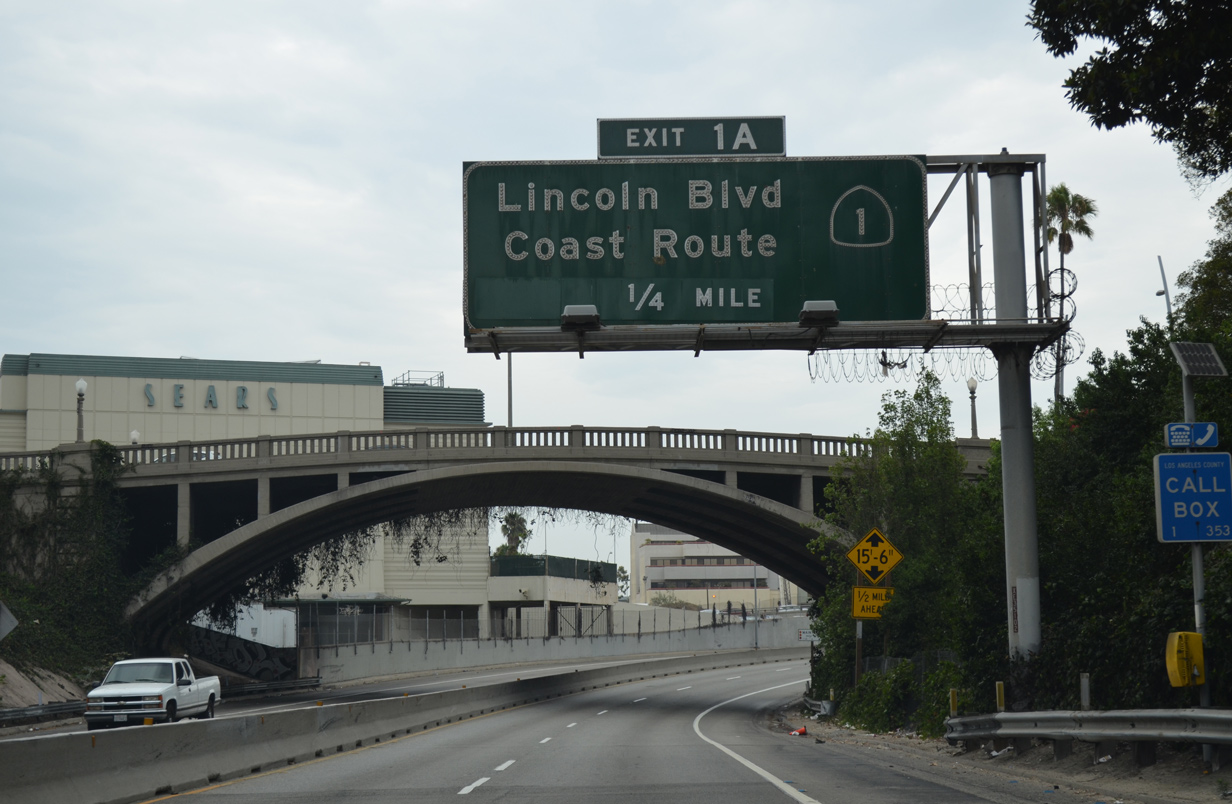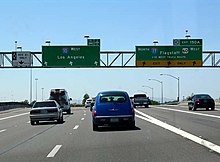Lease IPv4 Using IP Address Market. Any RIR, Easy to Manage
No Commitment or Contracts
There are no long-term commitments or contracts involved when leasing via our IP Address Market. Flexible leasing options are available whether there is a short-term requirement, like needing additional IP addresses for penetration testing and disaster simulation scenarios, or a long-term requirement, like needing support for business intelligence projects, such as data scraping, finance support and data analytics. Just pay for the time period you need the IP assets for.

What is DHCP Lease – EfficientIP
A DHCP lease is a temporary assignment of an IP address to a device on the network. When using DHCP to manage a pool of IP addresses, each client served on the network is only “renting” its IP address. Thus, IP addresses managed by a DHCP server are only assigned for a limited period of period of validity of the assignment is called a lease duration and when it expires, the client shall immediately stop using this IP address and stop all communication on the IP network. The main risk of not complying to this rule is to have more than one device on the network using the same IP address with conflicts on delivering IP frames to the right device (aka duplicate IP address) lease duration is expressed in seconds. It can be specified as “infinite” for permanent leases, usually used for devices that should not change their IP address without a need to change their configuration (some IOT, printers or application servers). Depending on the lease duration, clients on the network may need to continue using the same IP address, therefore need to extend the lease period. Half way through the lease time (T1 timer), the client can contact its DHCP server in order to extend its lease period via a lease renewal request. This renewal process can be performed multiple times if no answer from the server has been received. If for any reason the renewal of the lease hasn’t worked by 7⁄8 of the way through the lease duration (T2 timer), the client can try rebind its lease via a broadcast to any DHCP server on the network. If the whole process has been unsuccessful before expiration of the lease period, the client should stop using its IP address and go through the whole process from the the DHCP lease period, the client can ask the server for a lease termination, in order to free the IP address so that it can be used for another client on the network. This process is generally automatically performed when a host shuts down.

The Benefits and Risks of Leasing IPv4 Space
is beginning to lease IPv4 addresses, starting with a /16 registered in ARIN available for a long-term lease.
With address prices rising, the reasons you may want to become a lessor are clear: extended predictable revenue. Leasing creates an opportunity to monetize IP addresses and sell an IP block for a higher price in the future versus in the current market – it allows the lessor to keep the IPv4 block in case of future need.
But what are the benefits to the lessee (the one receiving the IP address block)? Not as obvious, but still substantial for many businesses, there are a number of advantages, including:
It is sometimes preferable to use OpEx instead of CapEx.
Leasing allows a company to use their capital for other urgent investments, which offsets the cost of the lease as they see their return on that capital.
It allows a company to align their expenses more closely to their revenues.
While in process of renumbering, it’s sometimes helpful to have an unused block to renumber into. This way old space can be reclaimed and reorganized before being reused.
While in process of migrating to IPv6, leasing is the perfect solution to acquire temporary IP addresses, rather than spending extra capital, simply to gain unneeded IPv4 addresses.
As with any sort of leasing agreement, it’s important to note that while a great option, leasing still has risks. These risks can range from minor timing issues to malicious lessee intent, but are things all parties involved should consider. Potential risks may include:
The lessor needing the addresses before the end of the term
The lessee needing the addresses longer than the term
A malicious or inattentive lessee allowing the addresses to be used for spam or malicious behavior. This would result in sites blacklisting traffic from those addresses, making them unusable at the end of the lease until the listings have been cleaned up.
Generally, the cost of leasing can also be higher than buying addresses long-term. The actual break-even point depends on the terms of the lease, and is something to be considered while making the decision.
The team here at has plans in place to mitigate all of these risks to ensure all clients are happy with their agreement and terms. When leasing address space, every offer must include a monthly price per address and a term length, so the lessor can evaluate offers comparably.
We look forward to providing you the space you need!
___
Follow us on
Frequently Asked Questions about ip leasing
What is IP leasing?
marketing. A DHCP lease is a temporary assignment of an IP address to a device on the network. When using DHCP to manage a pool of IP addresses, each client served on the network is only “renting” its IP address. Thus, IP addresses managed by a DHCP server are only assigned for a limited period of time.Sep 2, 2019
Why do we lease IP addresses?
Leasing creates an opportunity to monetize IP addresses and sell an IP block for a higher price in the future versus in the current market – it allows the lessor to keep the IPv4 block in case of future need. But what are the benefits to the lessee (the one receiving the IP address block)?Apr 23, 2020
How much is it to lease an IP address?
Today you can lease IPv4 addresses for $0.25 per IP.Nov 13, 2020

